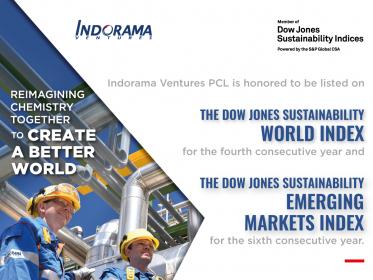Polartec®: New technology reduces fiber fragmentation in laundering tests
- Iconic 200 Series fleece to be the first fabric made from this new process.
Polartec®, a Milliken & Company brand, announces Polartec® Shed Less Fleece, a new milestone in its industry-leading efforts to reduce textile fiber fragment shedding. Shed Less is a process that combines yarn construction, knitting, chemistry, and manufacturing to reduce home laundry fiber fragment shedding by an average of 85%. The first fabric to receive this new technology is the brand’s iconic Polartec® 200 Series Fleece, the modern version of the original PolarFleece® launched in 1981, and in 1993, the first performance fleece knit from yarn made from recycled plastic bottles.
The Shed Less process works by engineering the lofted fibers that give fleece its soft hand the ability to resist breaking and rubbing off during home laundering, cited as one contributing factor to the spread of fibers fragments (commonly referred to as microfibers). Polartec® Shed Less Fleece achieves this while maintaining all of the attributes that continue to make Polartec fleece a staple of midlayer collections - lightweight, breathable and warm.
The brand used the AATCC (American Association of Textile Chemists and Colorists) TM212-2021 test method for fiber fragment release during home laundering. This test was conducted with large sample sizes to account for variability. The testing concluded that Shed Less Fleece reduced fiber fragment shedding by an average of 85% compared to the baseline fabric.
“In 2016 we began looking into how we might test for fiber loss because there wasn’t a lot of research on the issue.” said Aimee LaValley, Polartec Textile Development, Dye and Chemistry Manager. “This led to new products like Polartec Power Air™, new manufacturing processes, as well as our participation in the TextileMission workgroup to study the issue on an interdisciplinary basis.”
TextileMission was a three year collaborative initiative of academia and industry to reduce the impact of textile microplastics funded by the German Federal Ministry of Education and Research. Founding partners include The Association of the German Sporting Goods Industry, Hochschule Niederrhein - University of Applied Science; TU Dresden - Institute of Water Chemistry; Vaude Sport; WWF Germany; Adidas AG; Henkel AG; Miele & CIE; and Polartec, LLC.
Polartec® Shed Less Fleece will be initially launched in the United States and will be available to customers beginning March 1, 2023. The brand plans to apply the Shed Less process to many other industry-leading fabric platforms and manufacturing facilities around the world.
Polartec






























